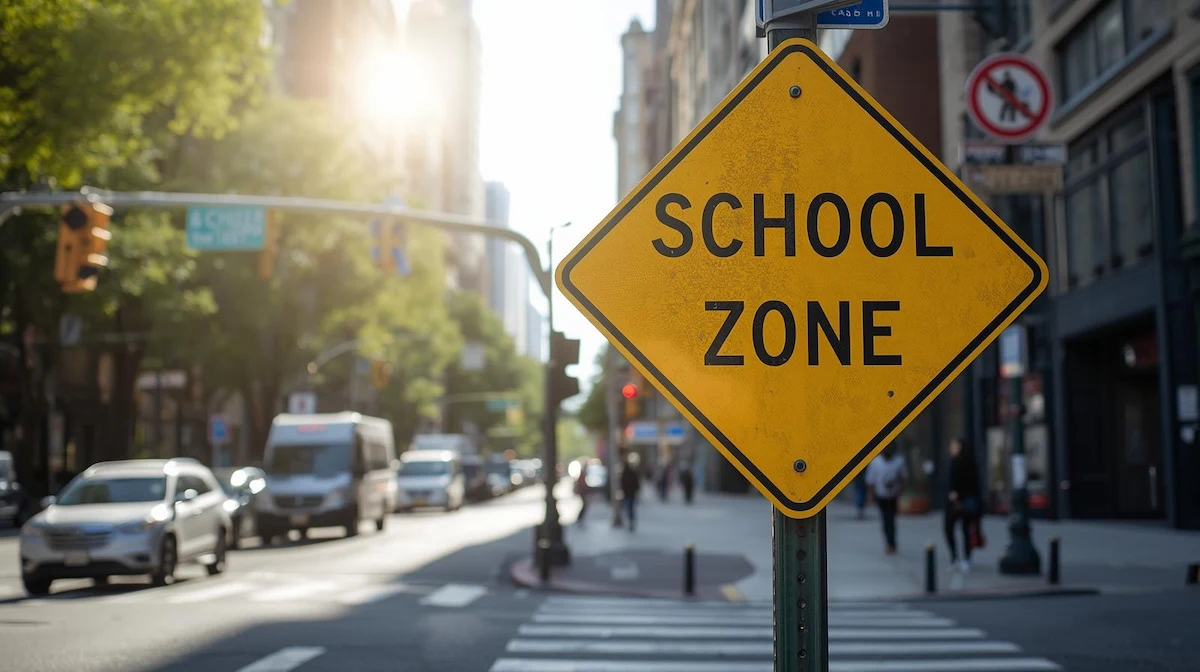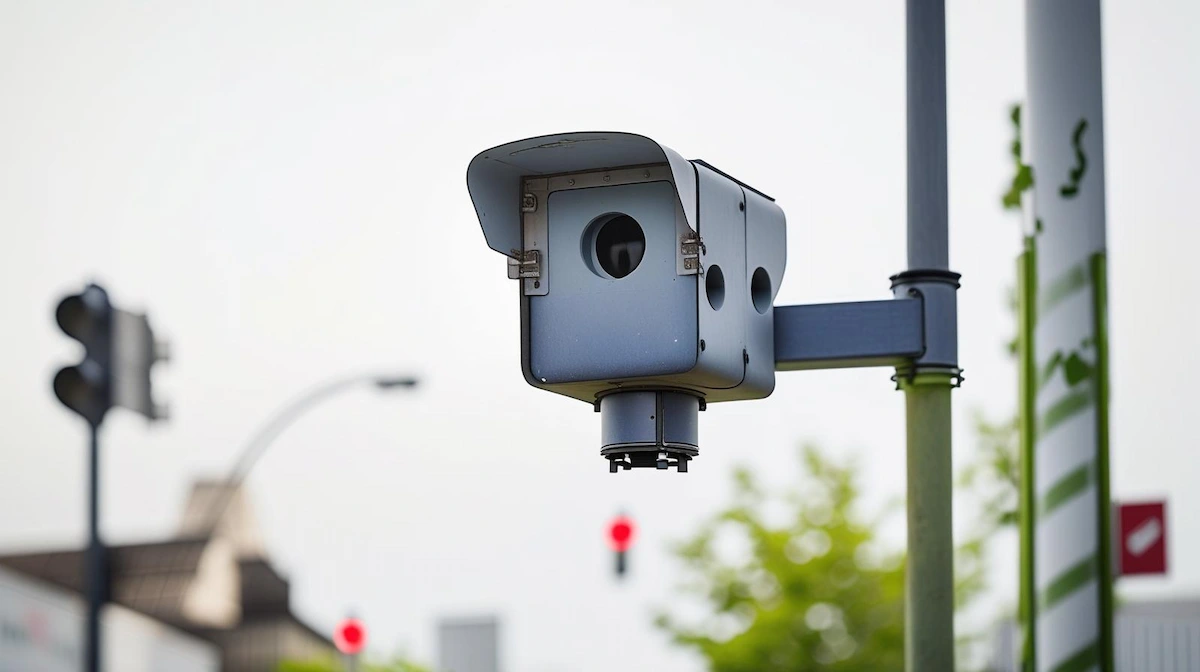Have you ever received a traffic ticket and wondered how long that momentary lapse might haunt your driving record? Traffic violations can have enduring effects, influencing everything from your insurance premiums to your ability to commute freely. Whether you’re grappling with an NYC traffic violation or a similar infraction elsewhere, knowing how long these violations linger on your record is essential. In bustling cities like New York, where traffic laws are strictly enforced, understanding the nuances of managing your driving history isn’t just helpful—it’s vital.
How Long Does a Traffic Ticket Stay on Your Record?
The duration a traffic ticket remains on your record isn’t set in stone; it hinges on the nature of the violation. Typically, minor traffic tickets stay on your driving record for about three years. However, more serious offenses, such as reckless driving or a DUI, can shadow you for up to a decade.
In New York City, moving and non-moving violations play a role in your driving history, but they affect it differently. Moving violations—like speeding or running a red light—can add points to your record, potentially leading to increased insurance rates or even license suspension. In contrast, non-moving violations, such as parking tickets, usually don’t add points but can still result in hefty fines if ignored.
The Ripple Effect: How a Traffic Ticket Can Affect You in NYC
Imagine running late and deciding to go faster, but you don’t realize how much you are speeding, only to see flashing lights in your rearview mirror. That split-second decision can cost you more than just a fine. In NYC, traffic tickets are tied to a points system. Each NYC traffic ticket conviction adds points to your record—3 points for going 1-10 mph over the speed limit, with more severe violations racking up 11 points or more. Accumulate 11 or more points within 18 months, and you could face a suspended license, drastically altering your daily life.
But the repercussions won’t stop there. Insurance companies regularly review driving records, and traffic violations provide a reason to hike up your premiums. According to recent data, a single speeding ticket can increase your insurance rates by as much as 20%. This financial strain can be a heavy burden for many, emphasizing the importance of keeping your driving record as clean as possible.
Taking Control: Reducing the Impact of a Traffic Ticket
If you feel overwhelmed by a recent ticket, just know you aren’t powerless. While removing a traffic ticket from your record entirely is challenging, you can take steps to mitigate its impact:
Enroll in a Defensive Driving Course:
A state-approved defensive driving course can reduce up to four points from your record.
Contest the Ticket:
If you believe the ticket was unjustly issued, you have the right to contest it in court. Legal representation can significantly improve your chances of dismissal or reduced penalties.
Stay Informed and Proactive:
Regularly check your driving record for accuracy.
Dealing with the Consequences
In the hustle and bustle of New York City life, it’s easy to overlook the long-term consequences of a simple traffic ticket. Whether it’s a minor NYC traffic violation or a more serious offense, taking charge of the situation can make all the difference. Don’t let a momentary mistake dictate your driving future; act now to safeguard your record.





